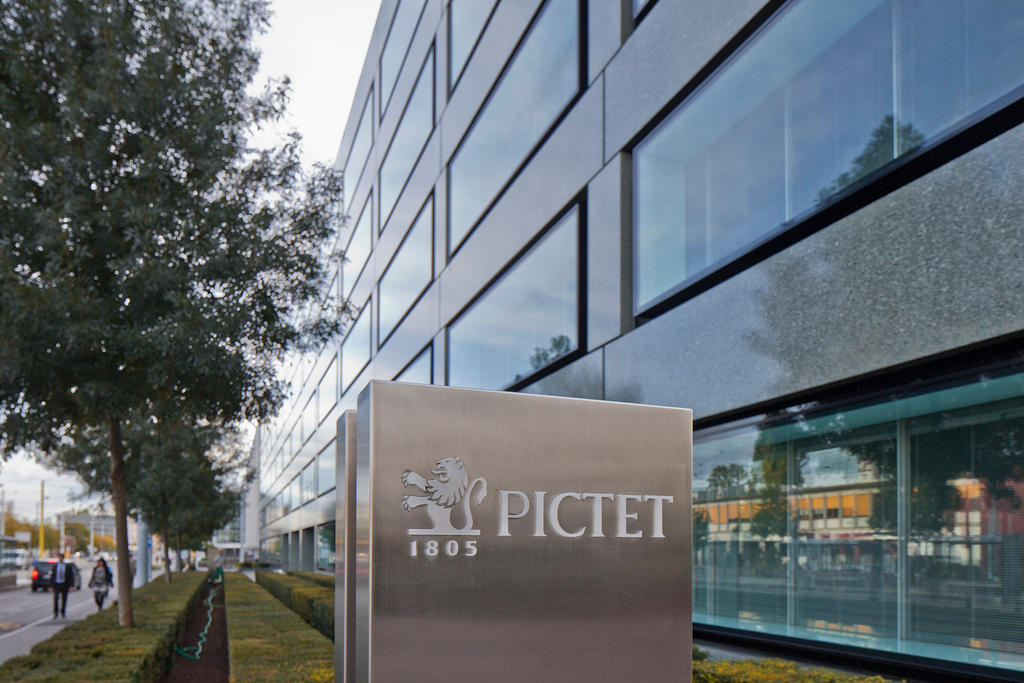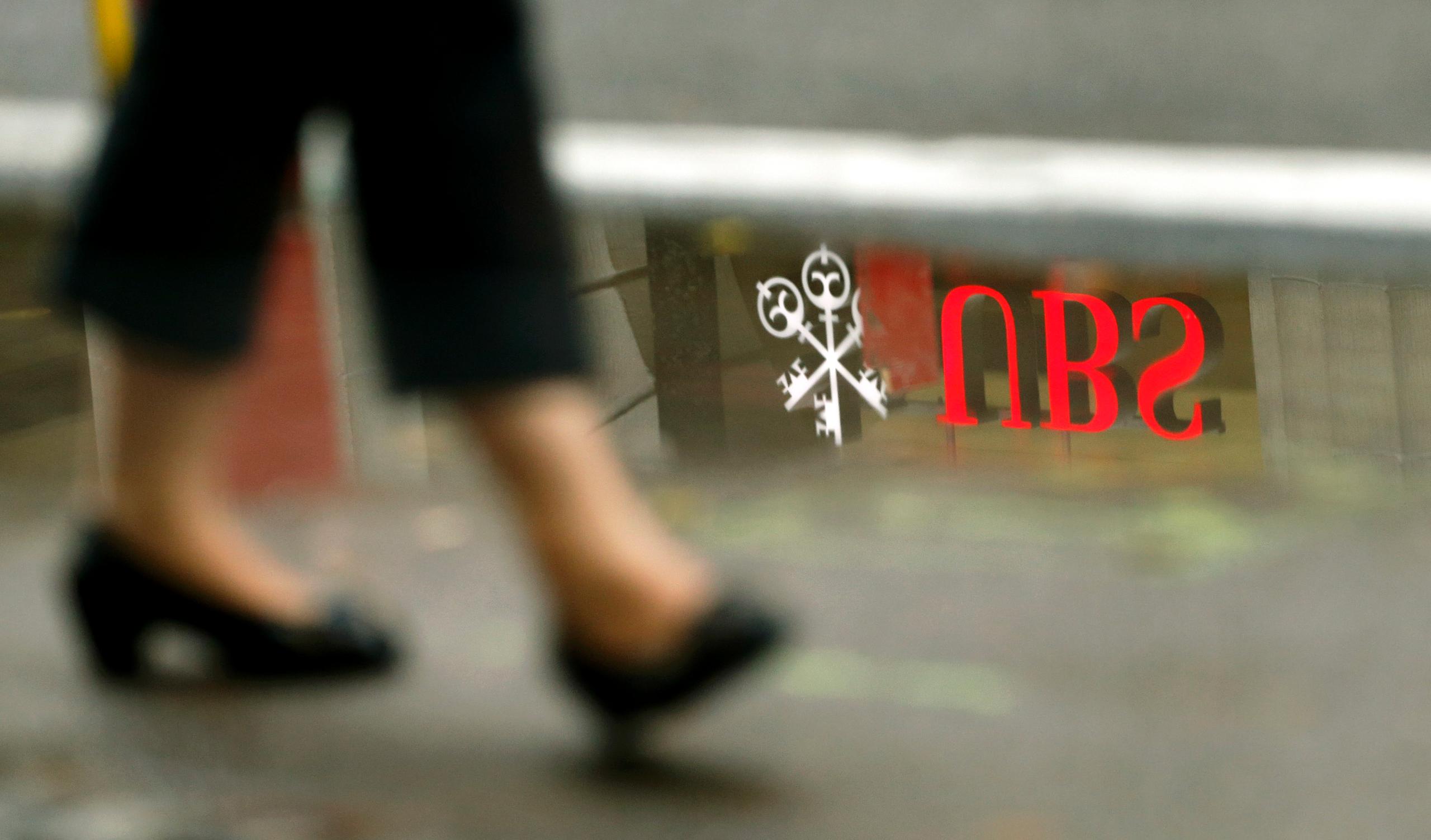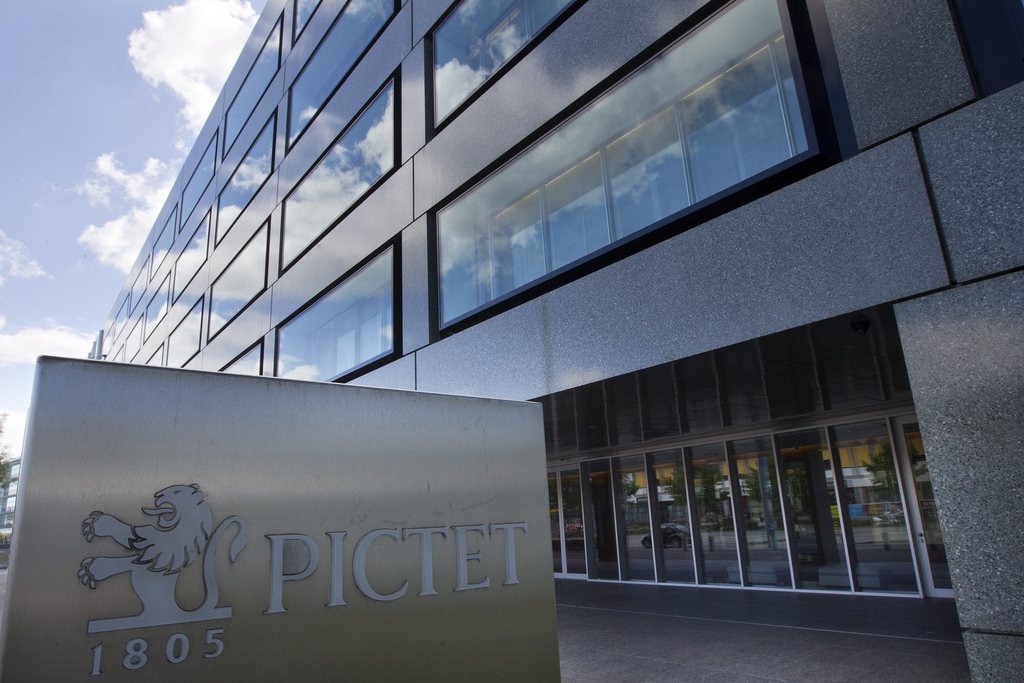Pictet private bank seeks to retain the family touch

When pitching for wealthy Asian entrepreneurs as clients, it helps if your bank has your family name on its front door. That at least is the experience of Nicolas Pictet, who heads Asian subsidiaries at the Swiss private bank named after his 19th-century forebear Edouard Pictet.
“They say: ‘Nicolas, I wanted to meet you because I wanted to know: how did you make it to the eighth generation? What is your recipe?’”
As the longest-serving of Pictet’s top managers, Mr Pictet this week takes over as the “senior partner” of the Geneva-based bank, one of Switzerland’s largest assets managers. He succeeds Jacques de Saussure, who is retiring.
But the family connections are not quite as they seem. Mr Pictet’s immediate ancestors were not partners; he joined the bank in 1984 from a London law firm, becoming a partner seven years later.

More
Financial Times
External linkHis emphasis on the family touch – alongside continuity, long-term thinking and consensus-based decision making – is part of the Swiss bank’s strategy for riding the storms in global private banking and asset management.
“The fact that we are some sort of family business is very important,” he says in an interview with the Financial Times. “It’s a big, big, big advantage – for the Chinese, but also in Europe.”
Tax evasion clampdown
Volatile global markets and higher regulatory costs have put all European banks under pressure with last week’s EU vote in the UK intensifying the demands. Mr Pictet expects “the next few months to be volatile and uncertain. But we are a global business and we remain committed to London as one of the few truly global financial centres.”
Traditional Swiss private banks face even greater challenges because they have had to rebuild their business models and reputations after the global clampdown, led by the US, against banks that helped clients evade taxes.
Pictet admitted in 2012 that its US wealth management business was subject to an inquiry by the US Department of Justice. But it is one of the few Swiss banks yet to announce a settlement of legacy issues.
Julius Baer, a rival Swiss bank, paid $547 million (CHF538 million) to US authorities in February. Mr Pictet says his bank has “made no specific provisions” and has no idea about the size or timing of any deal.
The bank is cautious about publishing financial information; it only started reporting results two years ago. Clients just need reassurance “that you’re financially strong”, says Mr Pictet.
Still, recent data show some scars from the tough market environment. After growing strongly since the start of the decade, assets under management or custody dipped to CHF424 billion ($434 billion) at the end of March, from CHF437bn at the end of 2015.
Mr Pictet’s responsibility for strategy is shared with the other five partners. The team meets most days at the bank’s modern headquarters on the outskirts of Geneva. That daily interaction is important, says Mr Pictet, 60.
“The telephone is wonderful, but when you really have something to say, don’t talk by telephone.”
Emphasis on consensus
Partners on average serve at least two decades. The emphasis is on consensus decision making – Mr Pictet cannot recall the last time the partners voted.
“When the board of partners is split, it shows the idea is either not as good as it looks or the ‘on-boarding process’ . . . is not ready. When a decision is made, the whole organisation is ready. Then, implementation goes very fast.”
One possible change might be to appoint a female partner. “We are all white and male,” Mr Pictet admits readily. They are also all French-speaking, although Mr Pictet points out that global staff are nationally diverse, with 74 languages spoken. “If the opportunity arises, we would welcome a woman. We have nothing against women,” he says.
In March, Pictet appointed two women as “equity partners”, who own shares but have no voting rights, bringing the total to 37.
Otherwise, change is likely to be incremental. Mr Pictet argues that the group’s diversified structure and geographic spread give it the strength to prosper in tough markets. The bank’s AA- rating from Fitch has not changed for more than a decade.
Services for rich individuals and families account for slightly more than a third of total assets under management, with the rest split evenly between asset management and “asset services” such as trading and custody activities.
Pictet operates in 17 countries and “we have no intention whatsoever in the short run to add to these 17 countries”, its new senior partner says.
US clients are served from outside the country; establishing a US presence “is not something we’re contemplating any time soon because we have so much to do in other places”.
Pictet has served Asian clients from an office in Hong Kong since 1986 and in Singapore since 1995. Other Swiss wealth managers – including UBS and Credit Suisse, Switzerland’s two biggest banks – are looking to expand in emerging markets.
‘Reputation is key’
The country’s financial supervisor FINMA has warned that the push into less well-known markets is creating new risks – including money laundering.
Mr Pictet argues that his bank’s structure and culture will prevent mishaps. “It sounds snobbish, but I have my name on the door – so reputation is absolutely key,” he says.
Pictet’s ownership structure also means that it is unlikely to be part of the consolidation wave in Swiss banking. It is unlikely its partners would sell, and Mr Pictet believes acquisitions have a damaging impact on staff.
“If staff are not happy, they will not serve the clients very well,” he says.
“To be private, to have the ability to see things in the long run, this sort of family flavour, to be focused, is something which is going to be of great help.”
Copyright The Financial Times Limited 2016

In compliance with the JTI standards
More: SWI swissinfo.ch certified by the Journalism Trust Initiative




You can find an overview of ongoing debates with our journalists here. Please join us!
If you want to start a conversation about a topic raised in this article or want to report factual errors, email us at english@swissinfo.ch.